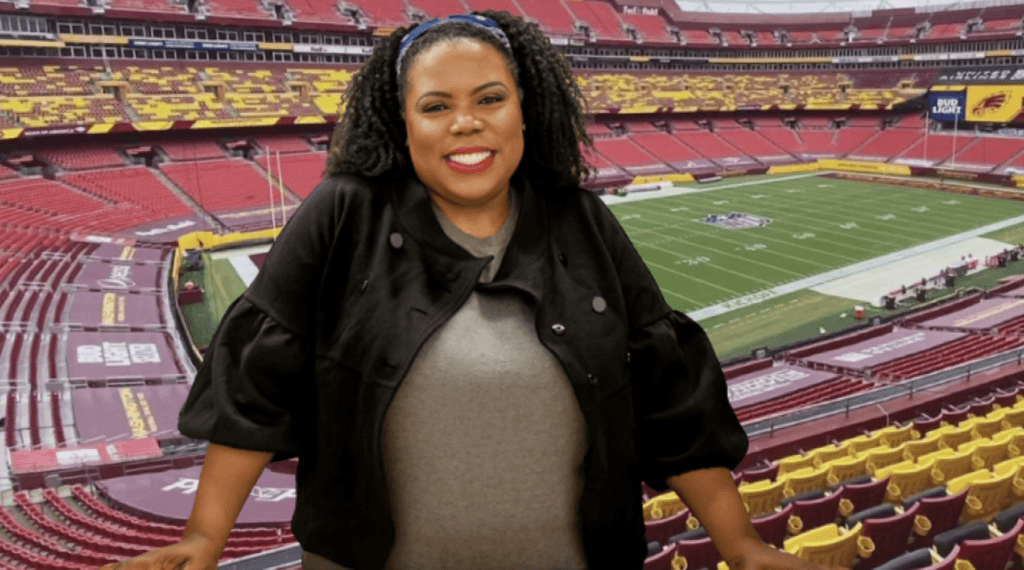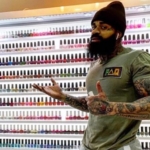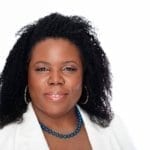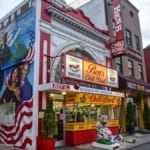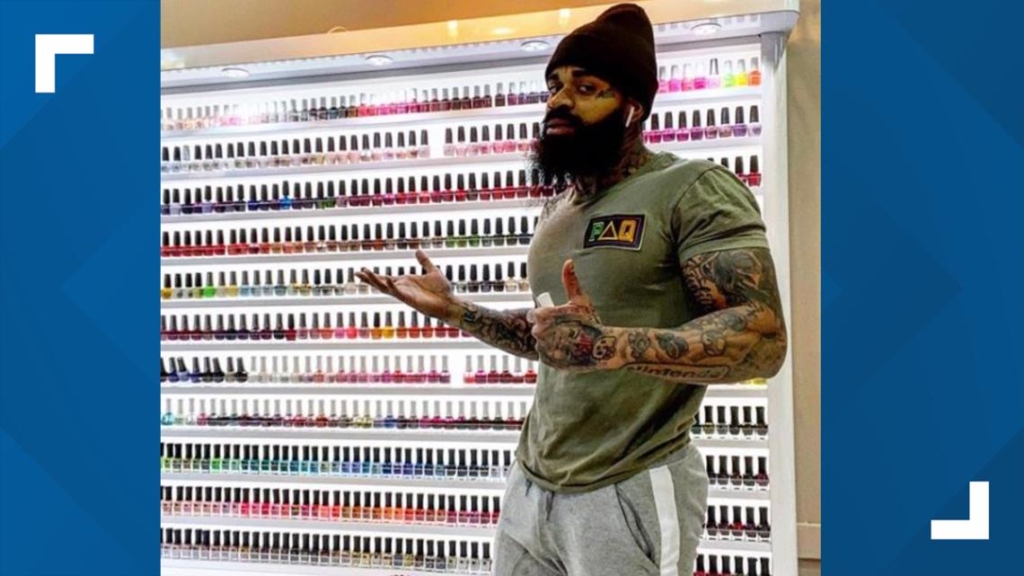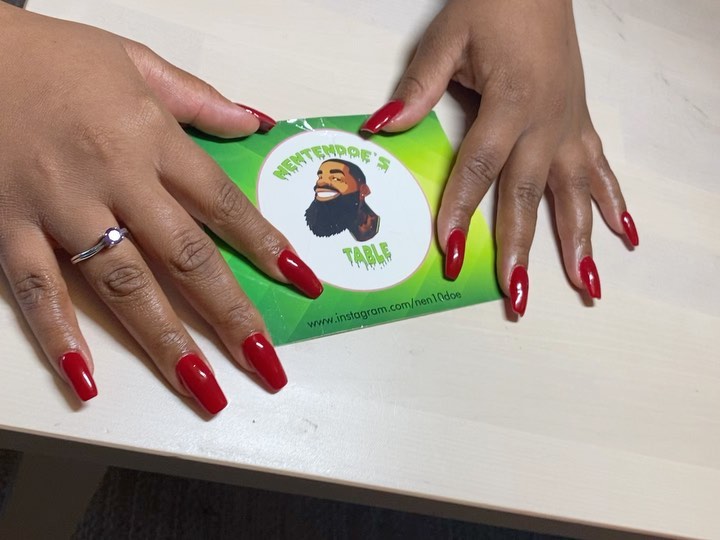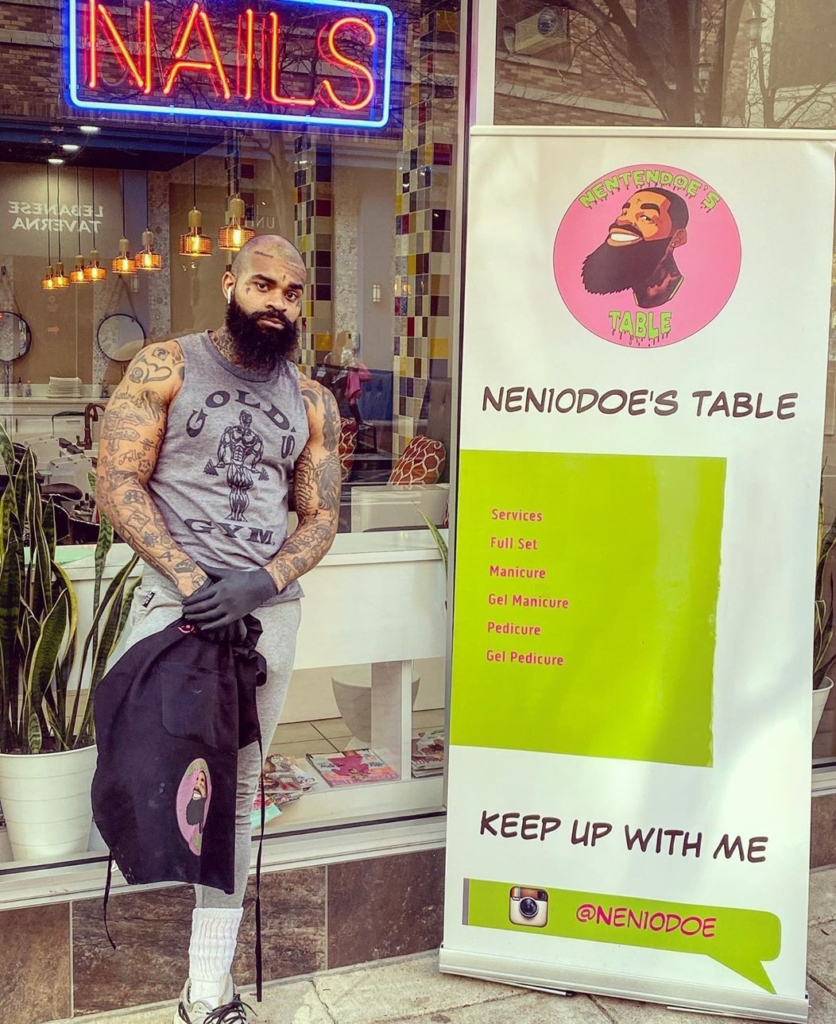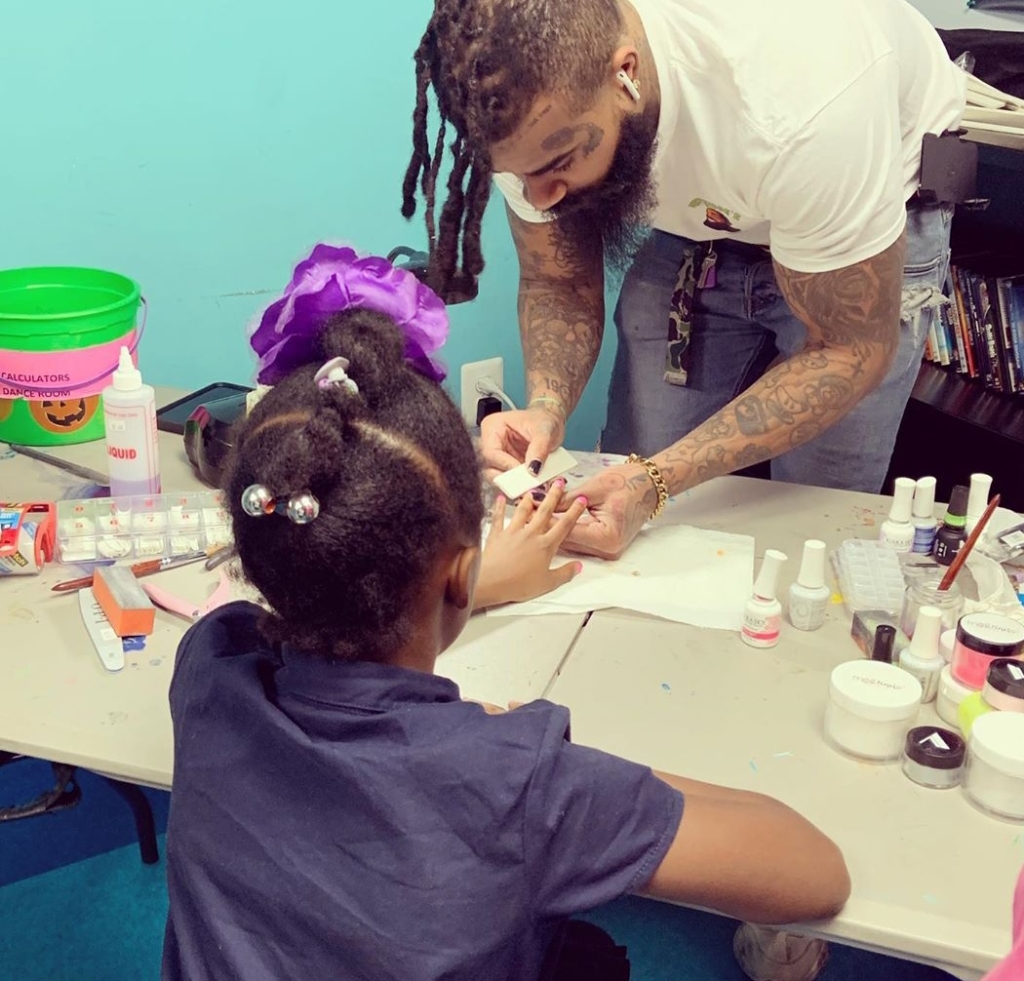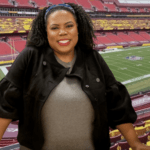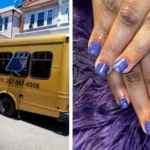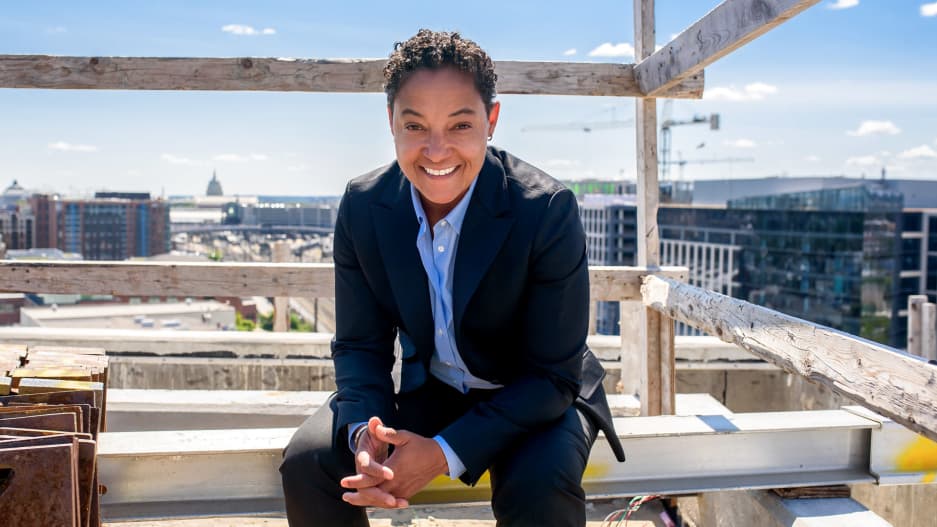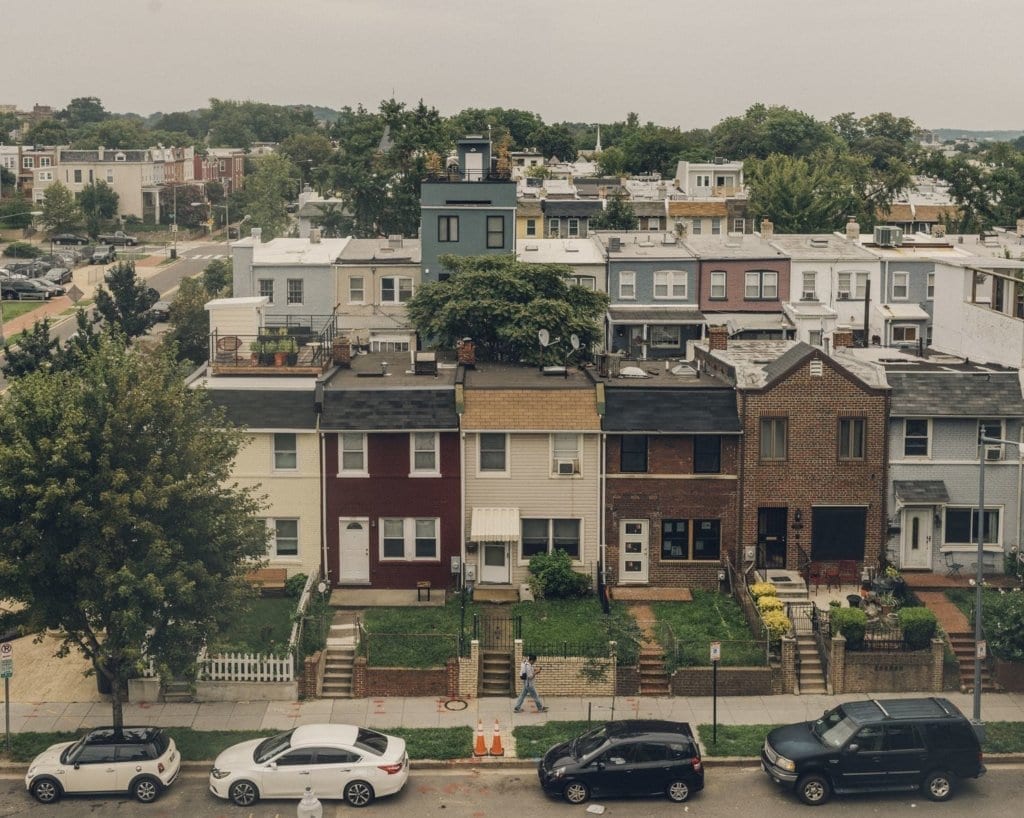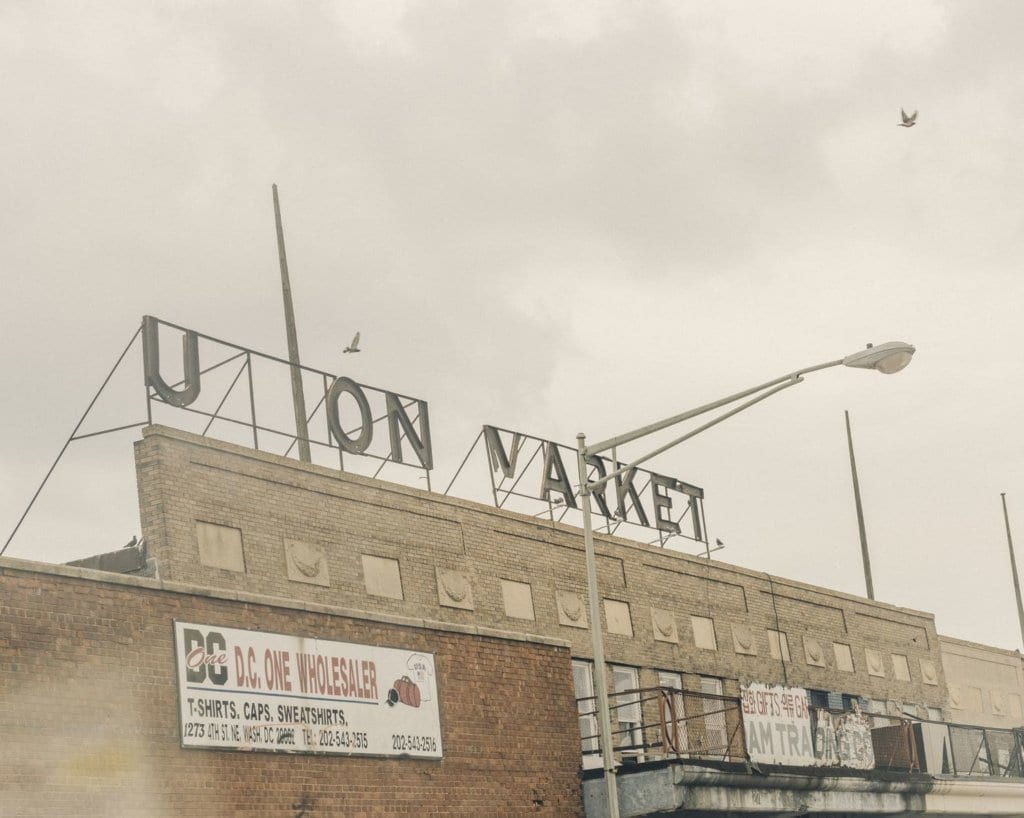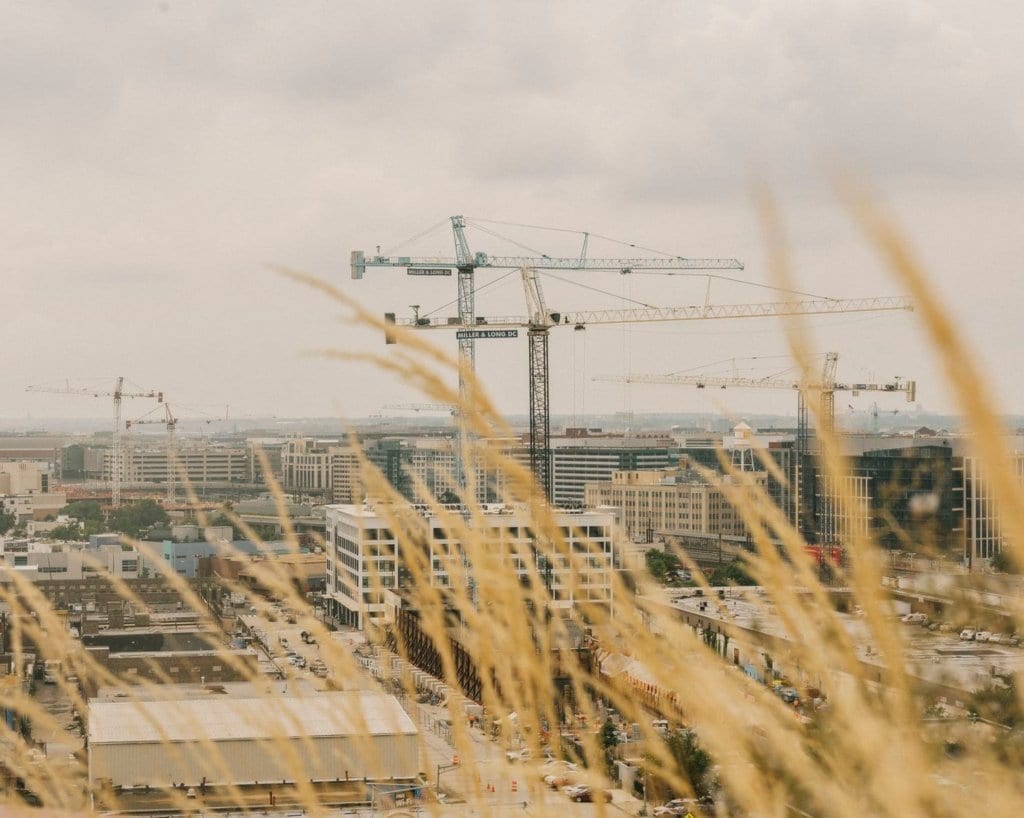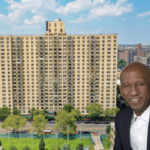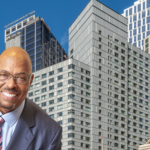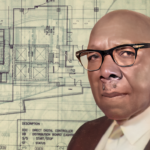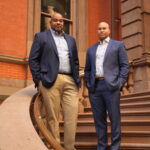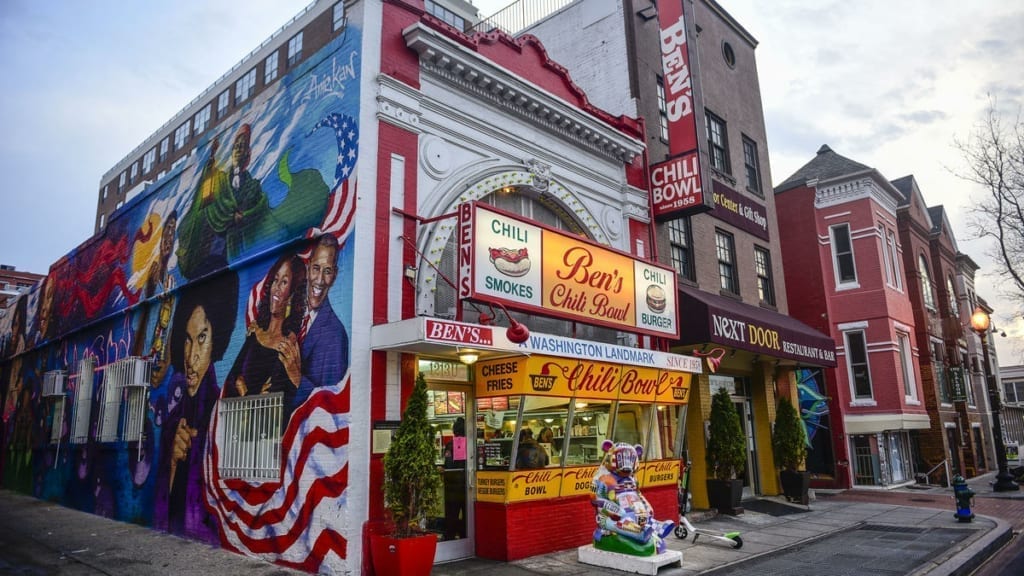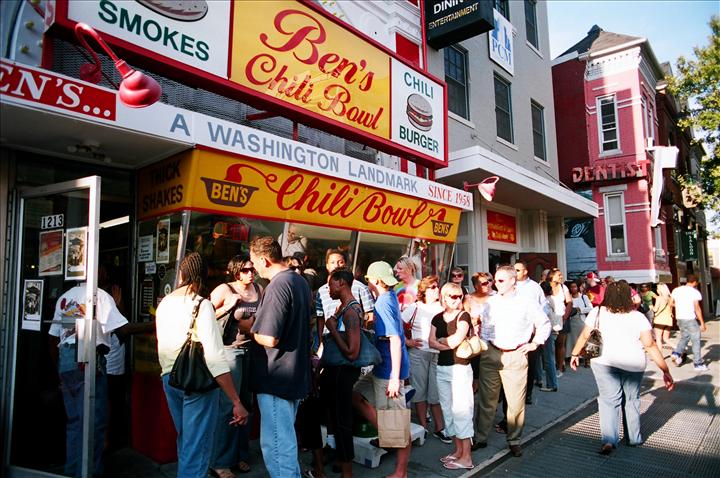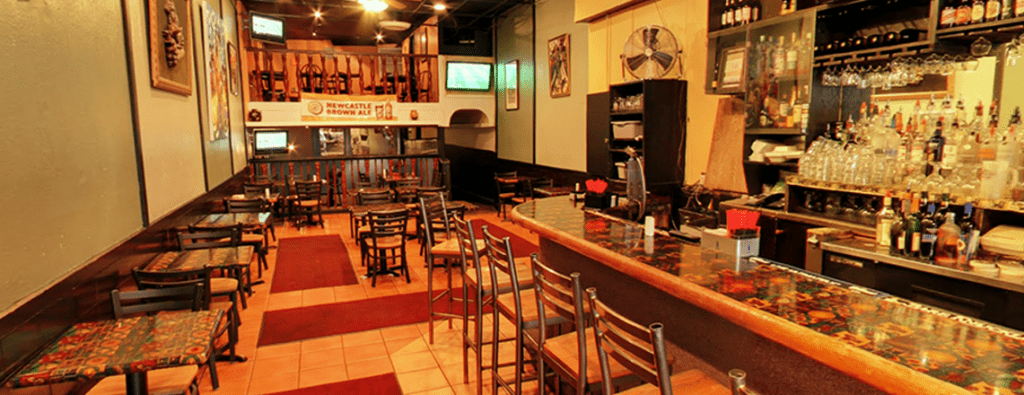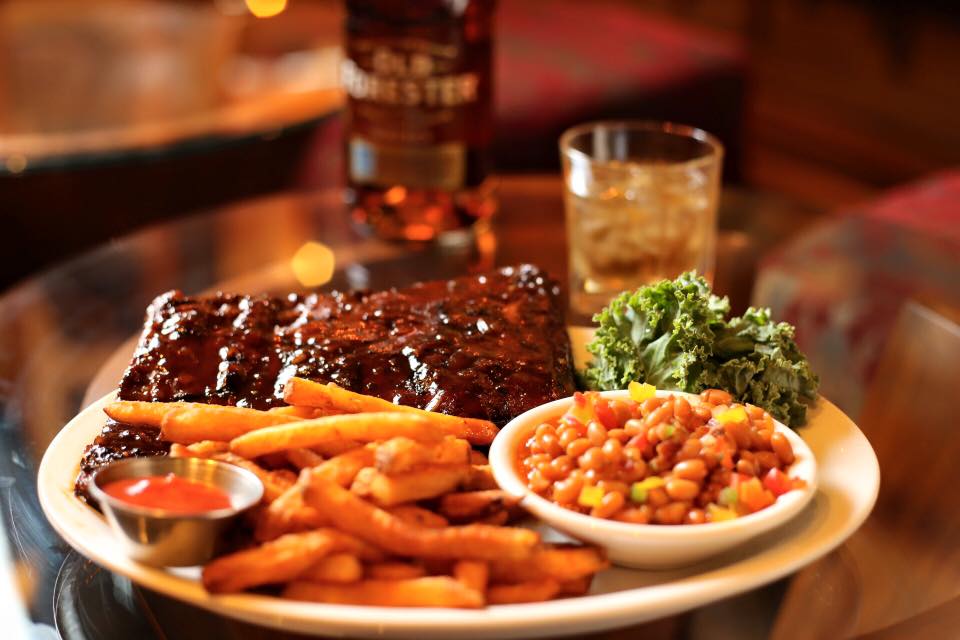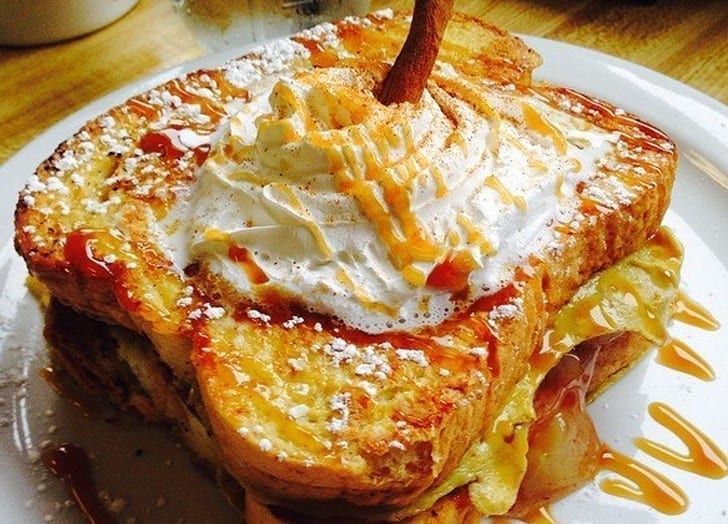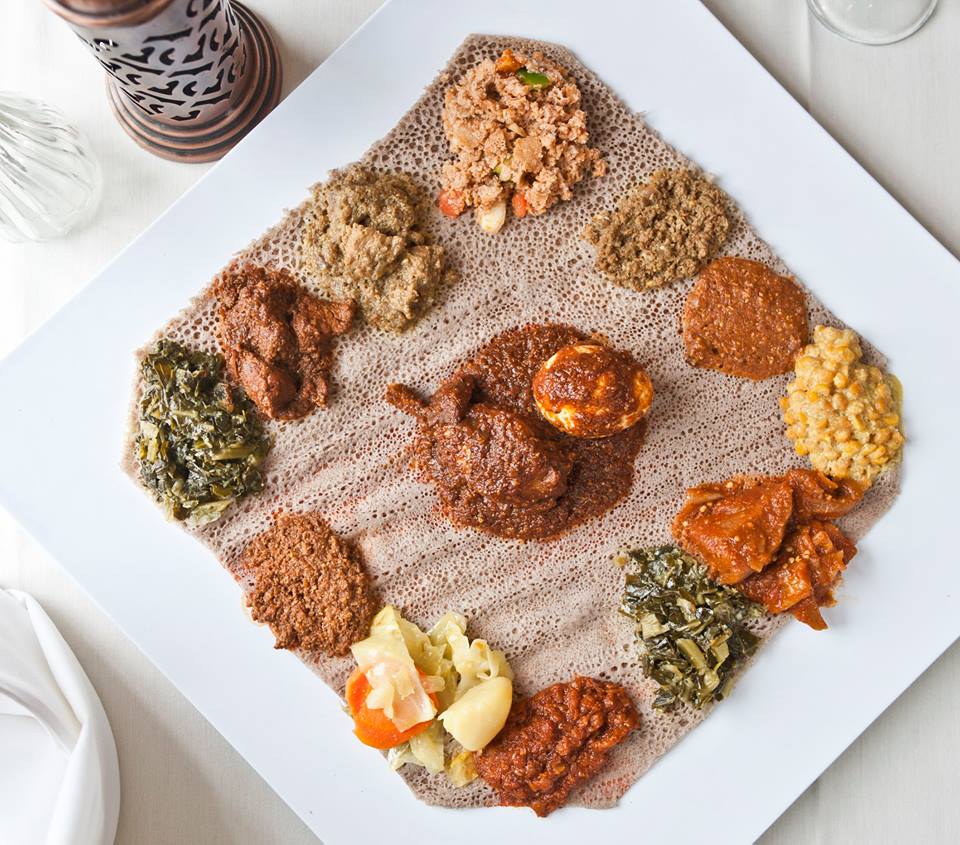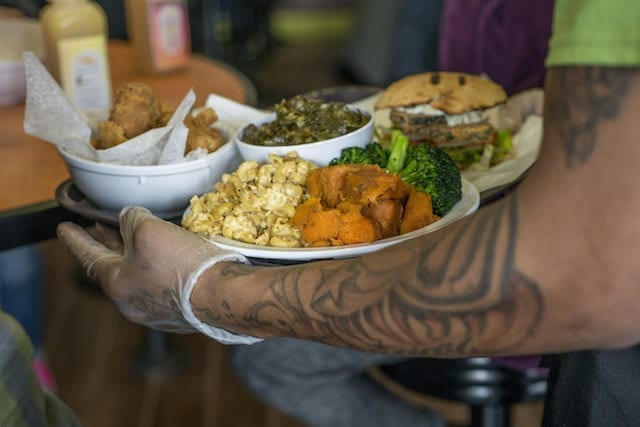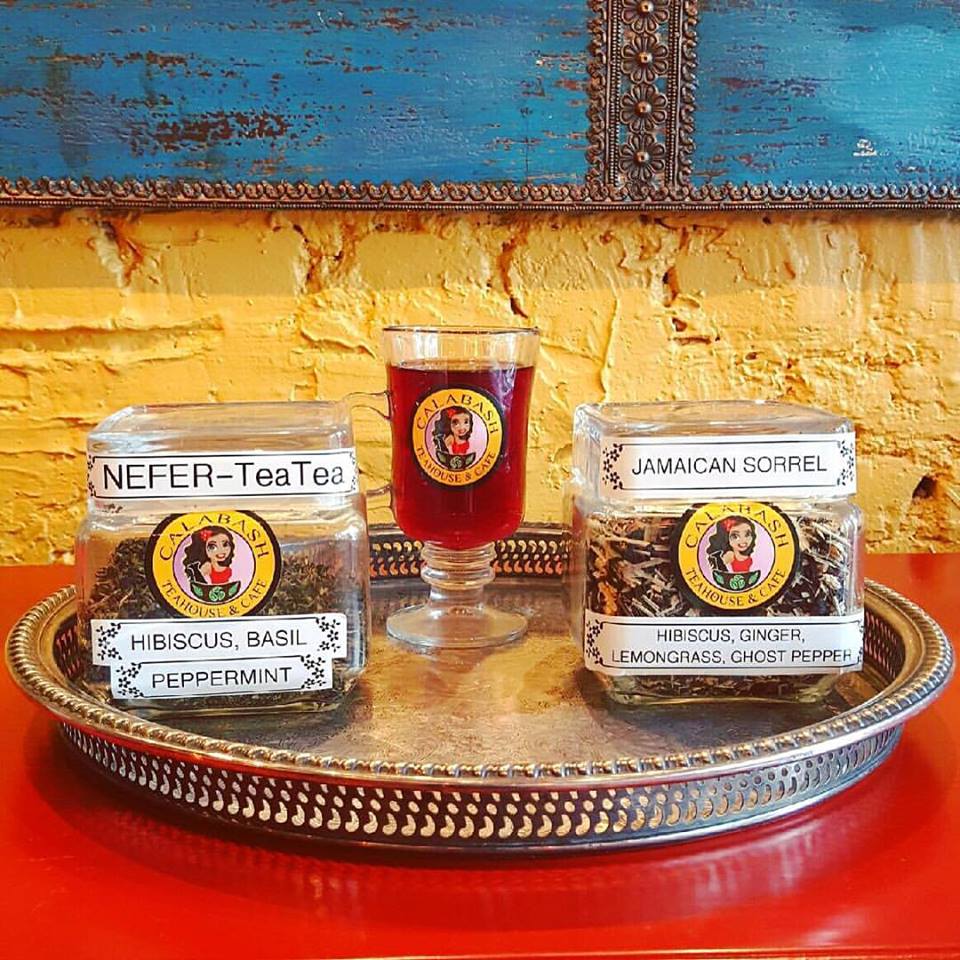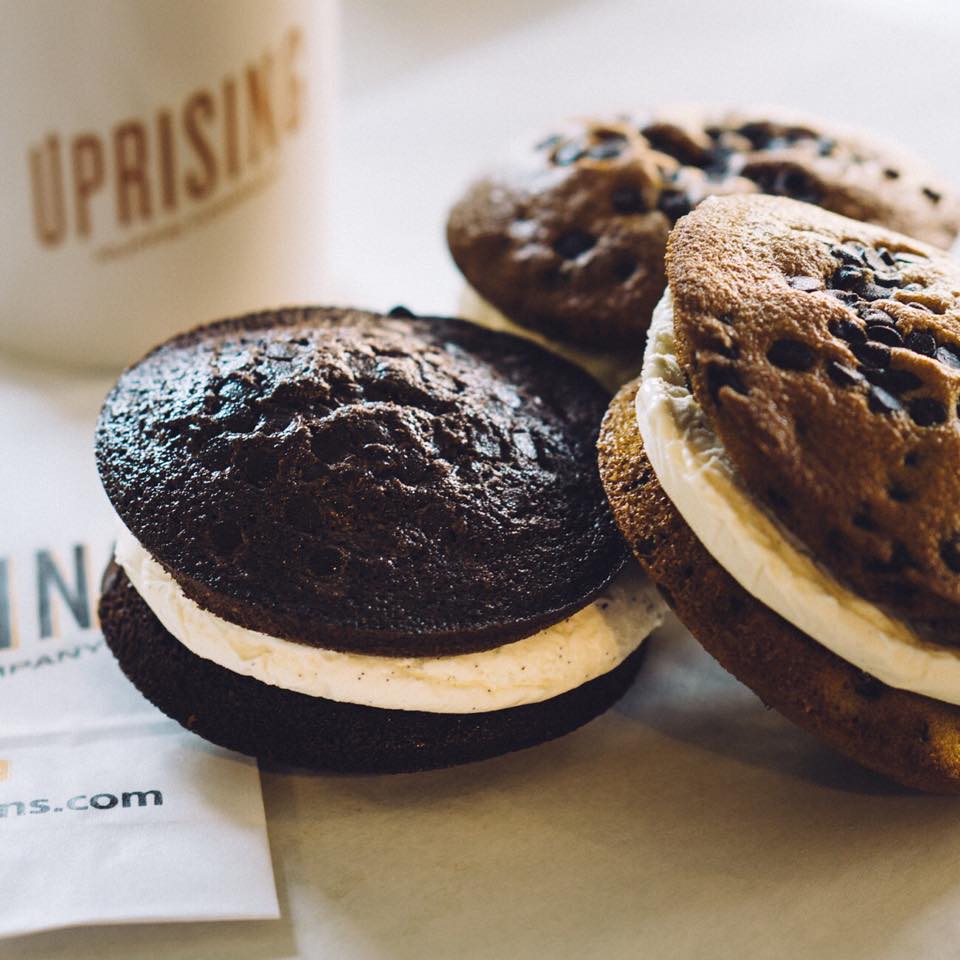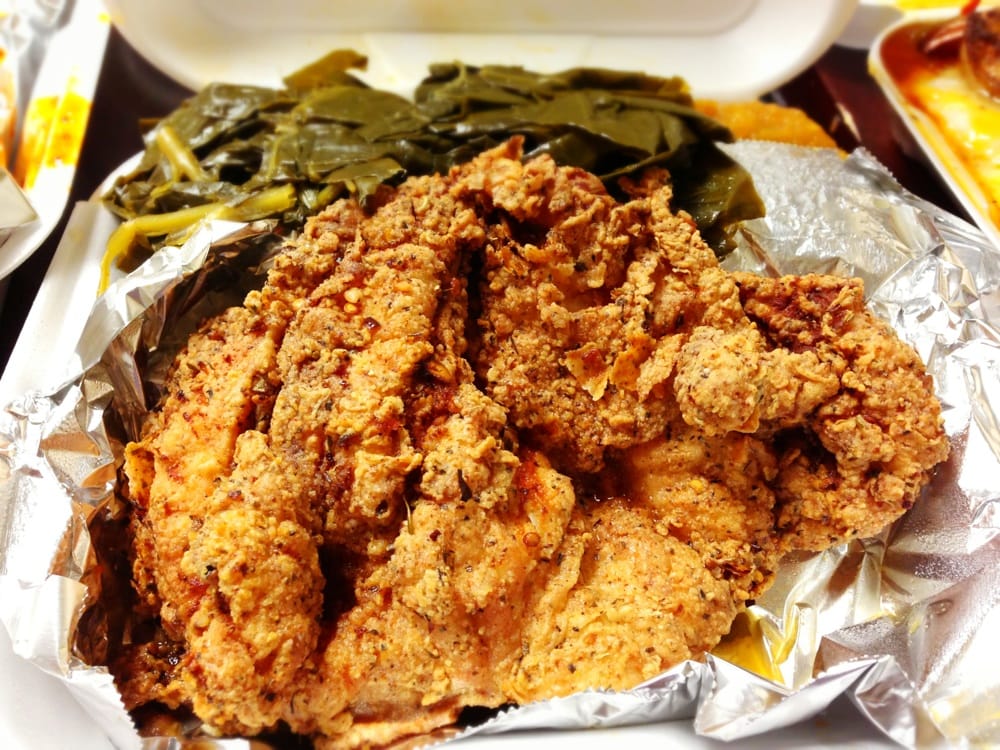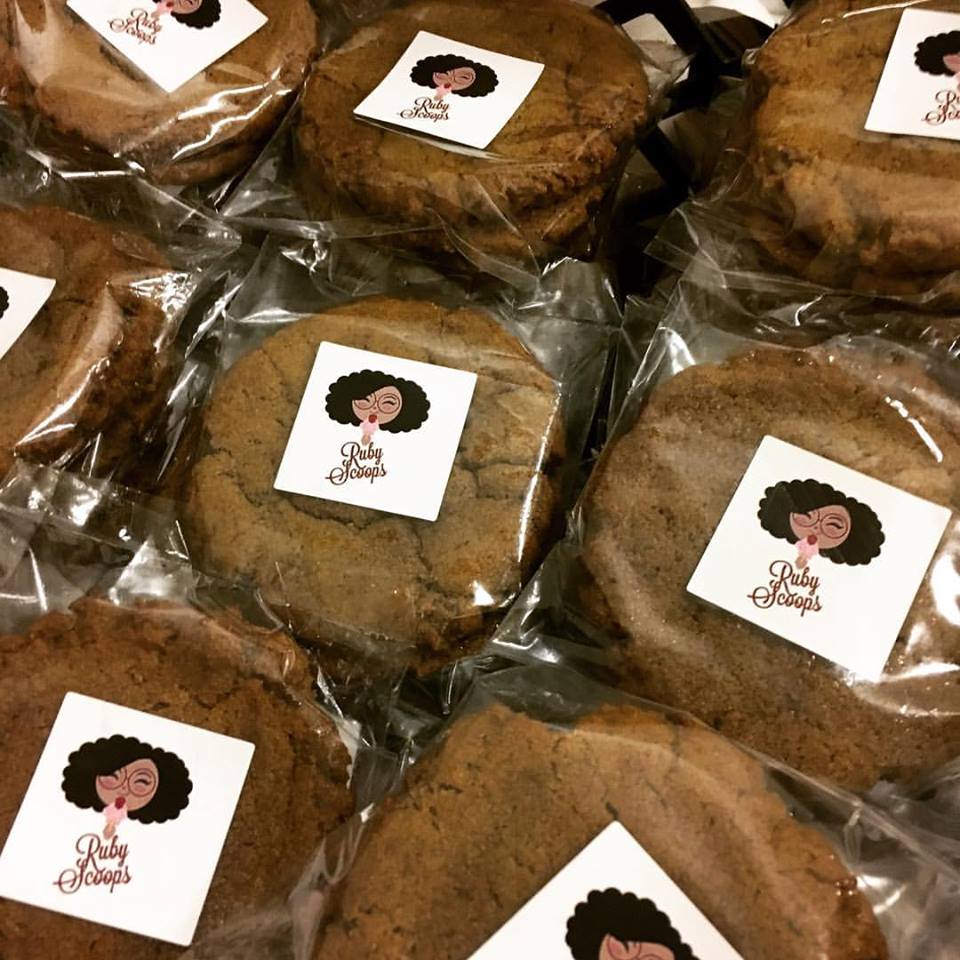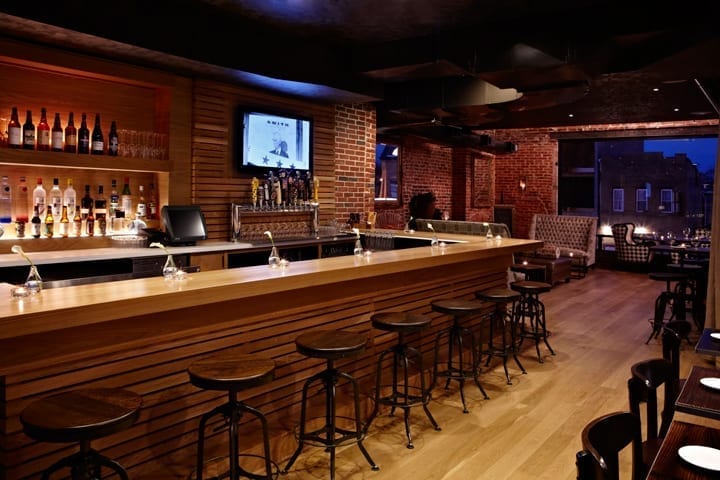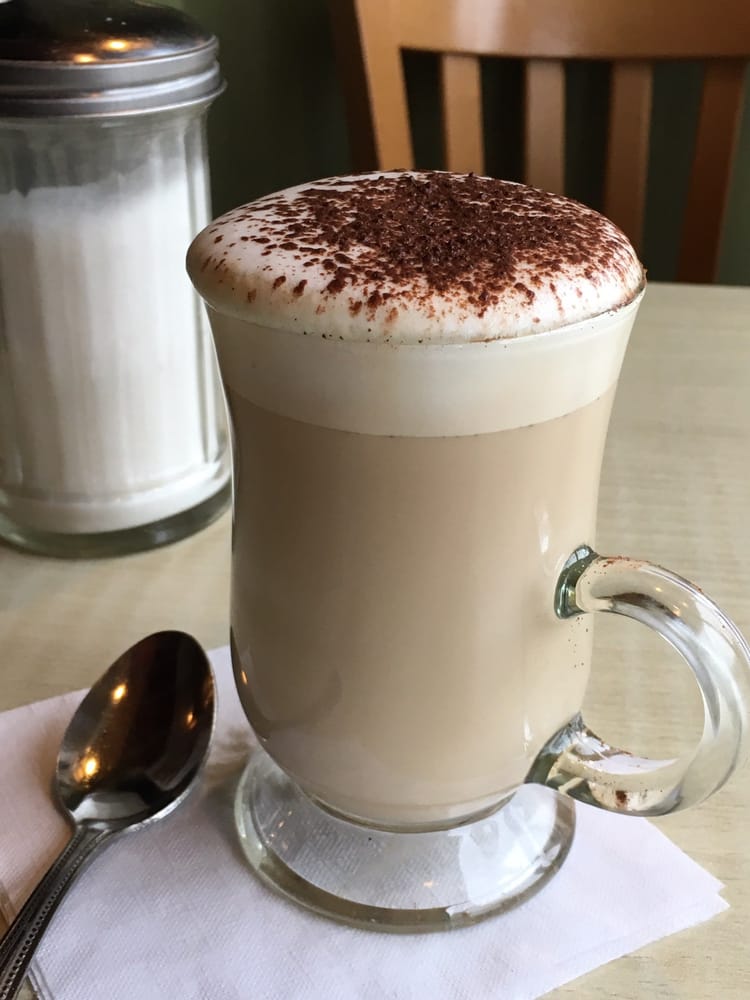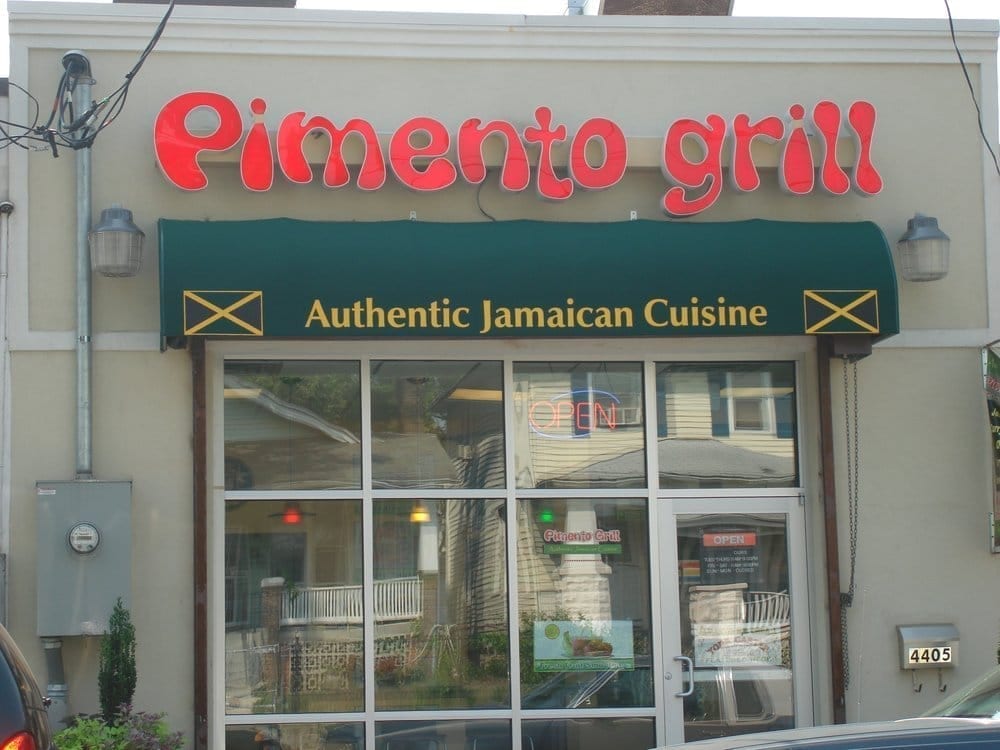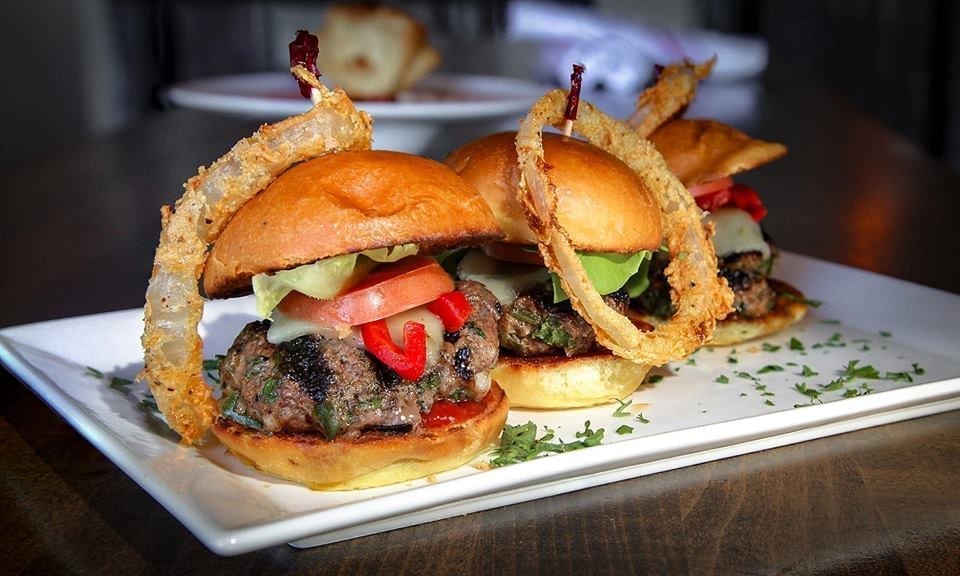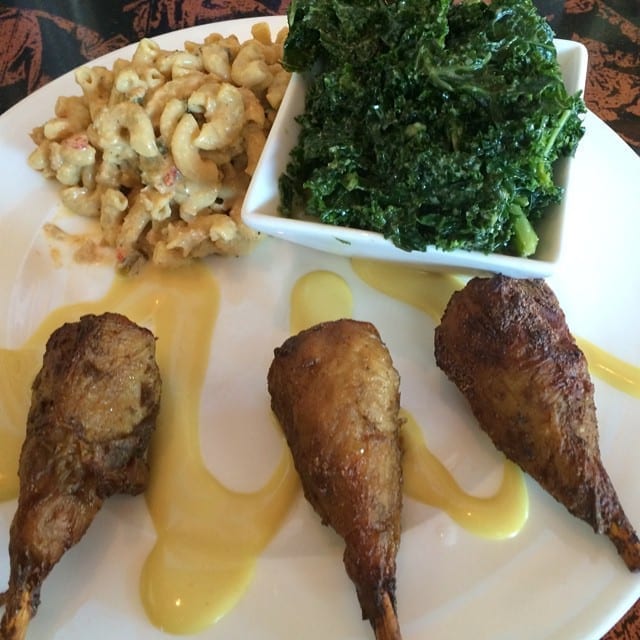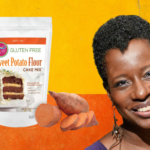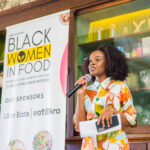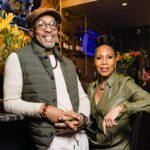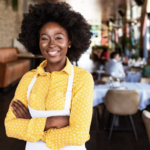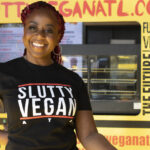Capital City Mambo Sauce, the official wing sauce of Washington, D.C., has announced a partnership with the Washington Commanders, the NFL team representing the nation’s capital.
Through this partnership, the condiment, which is produced exclusively in the Washington, D.C. metro area, will be available at certain concourse and suite sauce pumps across FedExField.
Mambo sauce is a sweet, sticky, and tangy chicken wing condiment that was created in the Washington, D.C. area in the 1950s. It is a popular condiment at many chicken wing restaurants in the D.C. area, and it has become increasingly popular across the country in recent years.
Capital City Mambo Sauce was established by DMV natives Arsha and her late husband Charles Jones. Arsha developed the recipe after moving to the suburbs and finding it difficult to find mambo sauce.
The brand has rapidly evolved into one of the nation’s most well-known mambo sauce labels. The sauce is currently accessible in major grocery stores and retail chains across the country and is also shipped to customers nationwide.
The partnership is a win-win for both parties. The Commanders are getting a popular and delicious condiment to offer their fans, and Capital City Mambo Sauce is getting exposure to a new audience.
Arsha Jones, the owner, expressed her enthusiasm for the partnership, stating, “Being a Washington, D.C. native, the Commanders have always been an integral part of our community, and I’m thrilled to collaborate with them to expand the Capital City brand.”
The Commanders are also excited about the partnership.
The Commanders are equally enthusiastic about the collaboration. “We are delighted to join forces with Capital City Mambo Sauce,” stated Jason Wright, President of the Commanders. “Mambo sauce holds a special place in D.C. culture, and we look forward to serving it to our fans at FedExField. This partnership is a wonderful way to celebrate our community and our shared passion for food.”

